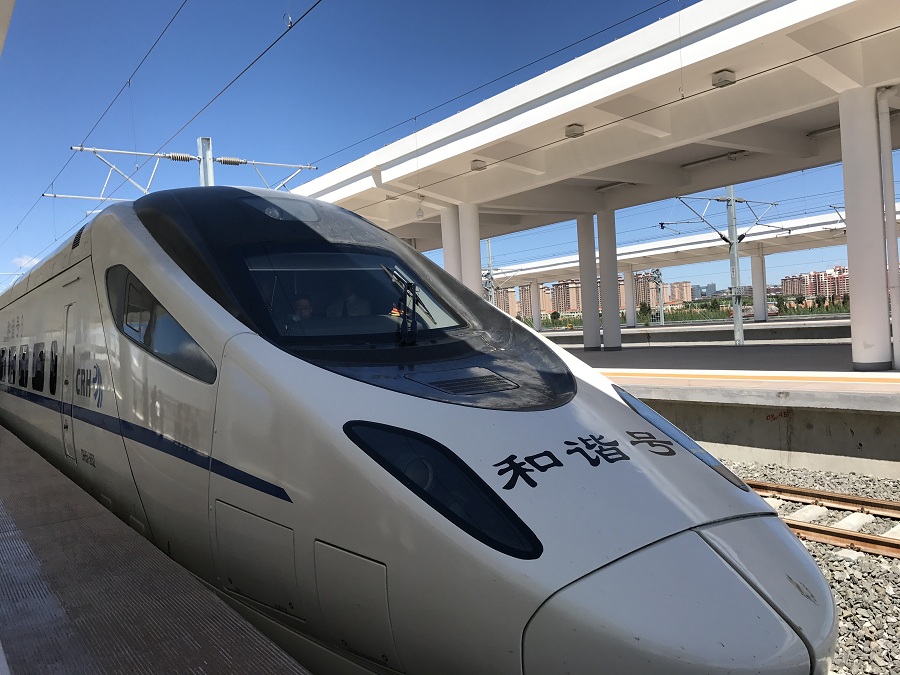Small banks take initiative with small companies
By Song Jingli (chinadaily.com.cn)
Updated: 2013-07-09
When large Chinese banks remain reluctant to extend loans to small and micro enterprises (SME), smaller banks have already changed their way of thinking and have begun treating smaller businesses as important customers.
Furthermore, the small banks, including city and rural commercial banks along with some regional banks, are learning how to find customers which were once neglected by the traditional financial system.
Pressure to survive inspires new methods
China Minsheng Banking Corp Ltd, a national joint-stock commercial bank established in 1996 by a few non-State-owned enterprises, has realized an accumulative SME loan balance of 317 billion yuan from February 2009 to the end of 2012, according to the bank's website.
Bai Jing, general manager of the bank's section for small and micro enterprises said at the Micro Bank & Cloud Finance forum that his bank was forced to transform itself as it could not grow in traditional areas such as mortgage loans due to its status as a non-state-owned bank.
The two-day forum was co-hosted in Beijing beginning June 29 by the Guanghua Management School of Peking University and 9F Microfinance and Retail Banking Service Co Ltd, which helps banks restructure and improve marketing efficiency.
A total of 105 people from 49 small banks attended the forum to learn more about small and micro financing. The forum's attendees included 15 chairmen, and 25 bank presidents.
Bai said the bank has learned that it is good to look upon small and micro businesses and focus on small companies, which has been an effective strategy for Minsheng.
Bai said the company mainly develops their customers in business clusters or along industrial chains to make SME loans a wholesale business to lower the cost of each loan.
For example, the bank has provided loans worth 700 million yuan to many clothing wholesalers in the Bairong Clothing Market in Beijing and provided point-of- sales settlement services to these small businesses in the same market.
Mingsheng also carried out salary payments for Bairong Group which operates the clothing market.

High-speed train debuts in Inner Mongolia
A bullet train departed Hohhot East Railway Station for Ulanqab marking the start of high-speed rail services using Inner Mongolia’s first newly-laid high-speed railway on Aug 3.
